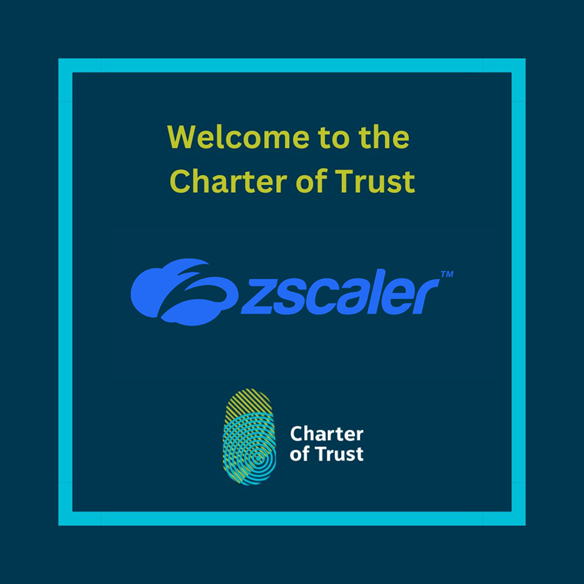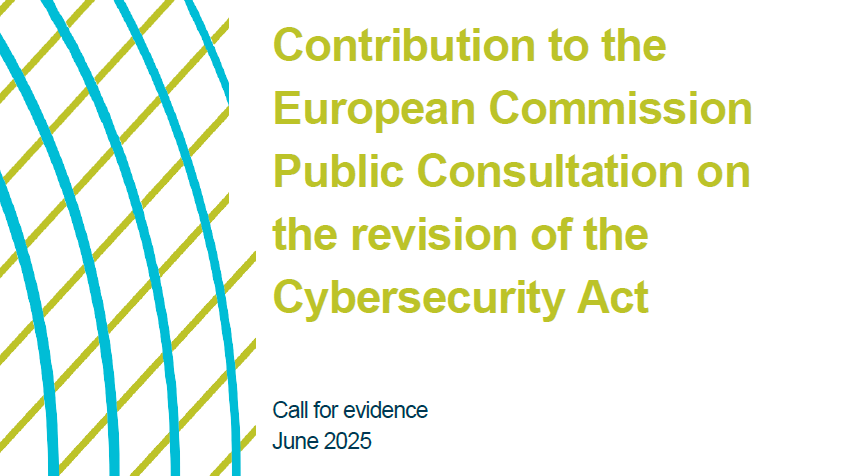By Zachary Thoreson, Cybersecurity Threat Intelligence Analyst, Global Cyber Security Team, AES
The threat landscape for ransomware is constantly changing with evolving variants and the seemingly endless game of Whack-a-Mole with digital crime gangs. With the Ransomware-as-a-Service (RaaS) model becoming more popular, ransomware gangs provide a cut of the profit to individuals able to infect organizations with ransomware and generate payment. The motivation behind the attacks continue to remain financially driven resulting in the attacks being purely opportunistic with plenty of profit to be shared with an average payout around $170,000 per attack[i]. In an analysis by Chainalysis, ransomware attacks amassed a total of $406 million in 2020 and are on pace to further increase in 2021[ii]. As ransomware gangs become more ambitious in their targeting, they have drawn the increased attention of governments around the world.
Flying too close to the sun
While profits soar, the greed may result in the downfall of some ransomware groups. In early May, as was widely reported, the DarkSide criminal organization leveraged a compromised account to access and deploy ransomware to the Colonial Pipeline’s computer networks. The attack brought the critical fuel pipeline to a halt for days resulting in fuel shortages and consumer panic. However, the attack gained a large amount of unwanted attention for the group. As a result, DarkSide released a statement stating the affiliate program is closed and that the group would no longer be operating[iii]. The unwanted publicity to ransomware activity also resulted in a major Russian-language cyber criminal forum, XSS, to ban ransomware related commerce on its website[iv]. It is apparent that the attack resulted in much more attention than the group realized or wanted.
At the same time another ransomware gang, Conti, paralyzed Ireland’s Health Service in a ransomware attack against critical IT infrastructure. The gang provided the Health Service a decryption key, but still holds the compromised data for ransom[v]. Conti and DarkSide both have broken unspoken rules within the underground community of not attacking high profile infrastructure or healthcare entities – moves that will bring a large amount of attention to ransomware activity.
Authorities push back
The US Department of Justice was able recover a portion of the $4.4 million dollar ransomware payment made to DarkSide. The newly established Ransomware and Digital Extortion task force was able to obtain the decryption key of the cryptocurrency account holding the ransom funds, a rare victory in the fight against ransomware gangs. In addition, increased pressure has been placed on the Biden administration ahead of the Geneva summit to confront Russian president Vladimir Putin regarding the haven Russia has created for ransomware gangs[vi]. The UK government has also urged organizations affected not to pay ransoms citing no guarantee for a successful outcome and lack of protection in the future[vii].
What’s next?
Until there is a robust ability to intercept funds traveling cryptocurrency exchanges, more international effort in arresting ransomware gangs and support from agencies in incident response and remediation need to occur. If these principles are not established, ransomware attacks will continue to be profitable. Thwarting ransomware gangs will take an international effort from organizations and authorities alike.
In the meantime, organizations should continue to adhere to cybersecurity best practices. Leveraging multi-factor authentication, strong password practices, and ensuring timely patch management cycles all help increase resiliency to ransomware attacks. Limiting the external attack surface area is vital in preventing a compromise. The Charter of Trust continues to promote security awareness and facilitate information sharing of trends and practices to improve cybersecurity posture internationally.
____________________
References:
[i] https://www.sophos.com/en-us/press-office/press-releases/2021/04/ransomware-recovery-cost-reaches-nearly-dollar-2-million-more-than-doubling-in-a-year.aspx
[ii] https://www.coindesk.com/ransomware-attacks-are-growing-more-profitable-chainalysis-says
[iii] https://www.nytimes.com/2021/05/14/business/darkside-pipeline-hack.html
[iv] https://threatpost.com/darkside-toshiba-xss-bans-ransomware/166210/
[v] https://www.bleepingcomputer.com/news/security/conti-ransomware-gives-hse-ireland-free-decryptor-still-selling-data/
[vi] https://www.cnn.com/2021/06/07/politics/president-joe-biden-cyber-attacks-russia-putin-trump-economy/index.html
[vii] https://www.globalreinsurance.com/ransomware-dont-pay-urges-uk-government/1437486.article


You may also like

Charter of Trust Welcomes Zscaler
Zscaler is a leading cloud enterprise security provider helping global businesses accelerate their digital transformation by becoming more agile, efficient, resilient, and secure.
With Zscaler as a partner in the Charter of Trust, we aim to strengthen global cyber resilience through trust – by fostering actionable collaboration between industry leaders, governments, and public-private platforms. Zscaler brings robust expertise and innovation to the table, making it the ideal partner to drive this mission forward.
“Zscaler is excited to drive meaningful change alongside our new partners, laying a foundation of trust essential for successful digital transformation,” said Sam Curry, Zscaler CISO. “In today’s world, the need for reducing inherent trust and default access has never been greater. To truly stay ahead of ever-evolving threats, we must unite as a coalition of practitioners. Cyber attackers aren’t taking breaks, and with advancements like artificial intelligence, quantum cryptography, and emerging technologies on the horizon, collaboration is the key to securing the future.”
“We are proud to welcome Zscaler to the Charter of Trust. Their focus on cybersecurity innovation and commitment to openness reflect our shared ambition to create a safer, more resilient digital future. Together, we’ll strengthen trust, transparency, and security across the global digital landscape.” highlighted Dr. Summit Chada, Charter of Trust Co-Chair and COO Group Security & Business Lines CISO at Atos.
“With Zscaler as a Partner of the Charter of Trust, we believe that we can strengthen the global commitment to secure digital transformation by combining technological innovation with the Charter of Trust’s collaborative approach to cybersecurity leadership.” Ralf Schneider, Charter of Trust Co-Chair and Senior Fellow and Head of Cybersecurity and NextGenIT Think Tank at Allianz SE, welcomes Zscaler to the Charter of Trust.
We are excited to join forces and work together to advance digital trust and security across industries.

Contribution to the EU Commission Public Consultation on the revision of the Cybersecurity Act
We support Policy Option 2, which focuses on targeted regulatory measures that address key challenges without creating unnecessary complexity. In this context, we emphasize the need to enhance the role and resources of ENISA, to ensure effective implementation of both current legislation and the European Cybersecurity Certification Framework (ECCF).
Our recommendations aim to improve transparency, collaboration, and efficiency across the EU’s cybersecurity landscape. These include:
- Introducing clear timelines for the development of certification schemes.
- Enhancing stakeholder engagement throughout the process.
- Establishing more structured communication channels between ENISA, the Stakeholder Cybersecurity Certification Group (SCCG), and sectoral ISACs (Information Sharing and Analysis Centers).
We call for a stronger ECCF, one that is transparent, inclusive, and aligned with international standards to foster global interoperability and ease compliance for organizations across borders. Equally critical is the harmonization of certification practices across EU member states and the mutual recognition of certifications to minimize regulatory fragmentation.
The Charter of Trust advocates for technically robust, standards-based certification schemes, with well-defined roles and responsibilities. We also stress the need for clarity on the interplay between voluntary and mandatory certifications, particularly in relation to the upcoming Cyber Resilience Act (CRA).
To streamline compliance and reduce administrative burden, we propose a unified, risk-based incident reporting regime that consolidates requirements under regulations such as NIS2, CRA, GDPR, and DORA. This would not only simplify reporting for organizations but also enhance the EU’s overall cyber resilience. In addition, we recommend incorporating liability protections and grace periods for incident disclosure.
Finally, we urge the Commission to strengthen supply chain security by adopting a risk-based classification approach and establishing baseline cybersecurity requirements for ICT suppliers.
The Charter of Trust remains fully committed to supporting the European Commission in shaping a secure, resilient, and trusted digital future for Europe. We look forward to continued collaboration in building a cybersecurity framework that meets the needs of all stakeholders, today and in the years to come.




